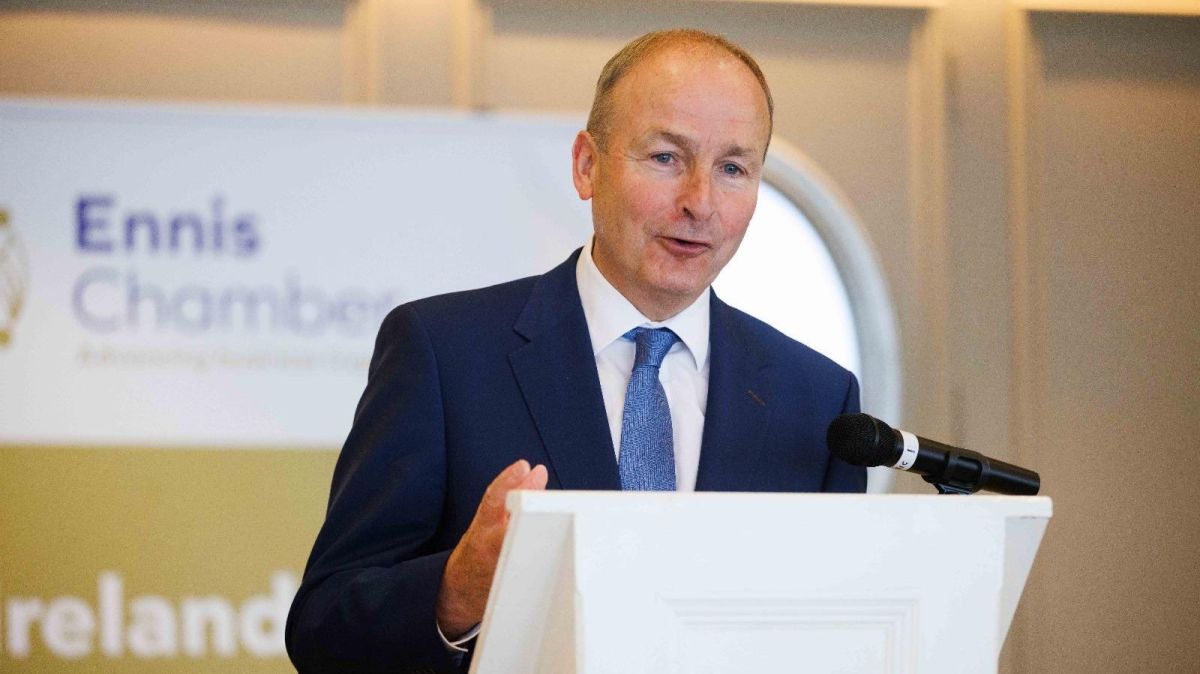Instead, he emphasized that his main priority is ensuring the Irish Government plays a constructive role in helping the political institutions at Stormont function to their full capacity.
Mr. Harris made these remarks during his first visit to Northern Ireland as Tánaiste and Minister for Foreign Affairs. While at Stormont, he met with First Minister Michelle O’Neill and deputy First Minister Emma Little Pengelly.
Previously, Mr. Harris has expressed that a united Ireland is a possibility within his lifetime. Sinn Féin has advocated for a referendum on Irish unity to occur within this decade, but when asked if he believes such a vote will take place, Mr. Harris responded, “That’s not my expectation.”
Under the 1998 Good Friday Agreement, the Northern Secretary can call a border poll if they believe a majority of the population supports a change to Northern Ireland’s constitutional status.
Addressing this, Mr. Harris said: “I’m very conscious that the Good Friday Agreement is both a mechanism and a peace agreement that allows everyone to pursue their legitimate aspirations regarding Northern Ireland’s constitutional status.
“And that is, in many ways, the beauty of the Good Friday Agreement—it respects differing aspirations and perspectives on the constitutional question.”
He noted that no Taoiseach or Tánaiste has ever been opposed to the idea of Irish reunification but clarified that it is not his immediate focus.
“My priority right now is ensuring the Irish Government, as co-guarantors of the Good Friday Agreement, can play a constructive and positive role in making all of its institutions work effectively,” he explained.
“The Good Friday Agreement, at its core, is about two key principles—peace and prosperity. While many people across Northern Ireland and the island of Ireland have seen the peace dividend, not everyone has experienced the prosperity dividend.
“It’s crucial that we focus on unlocking the full potential of the Good Friday Agreement and all of its institutions. That is where my focus lies.”















